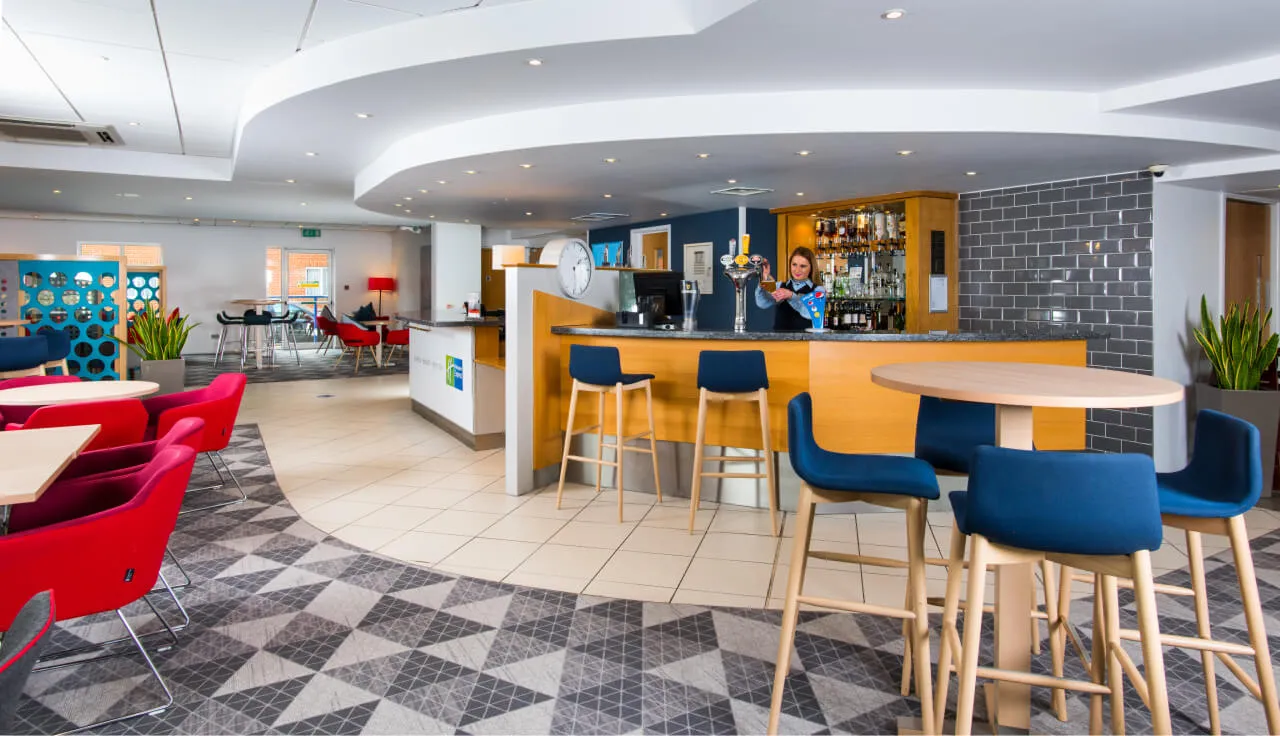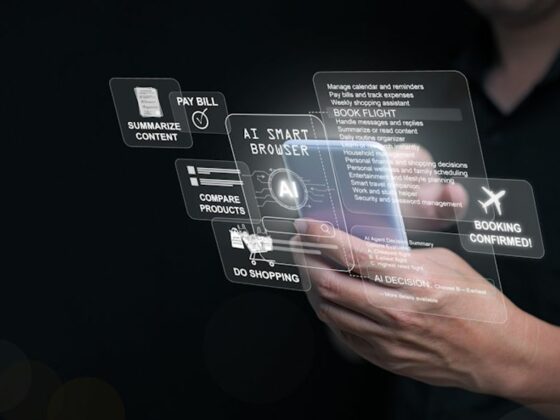Recent research indicates more than 80% of hoteliers have experienced failed implementations. So what makes an implementation successful? The Atlas team believes it’s about the quality of your partners, the working relationship with them, and the time invested in building solutions.
“I’ve noticed Shiji invests more time and energy into every detail of their implementations,” Abs said. “Every Friday we get together to go through any issues that may have come up, how they were resolved, and how we can get better together.”
Another practice they’ve found helpful for implementations is regrouping after installations on what was learned and any adjustments that need to be made moving forward.
For Atlas, these things have made is a big difference as compared with other platforms they have worked with.
Free to operate with agility
Upgrading its F&B technology has made the Atlas team more efficient, consistent, and innovative. Today, the rollout of menu changes across all of their hotels happens with a click of a button. “It’s taken away so much pain and made life so much easier.”
Abs shared an example of introducing new products to their hotel bars and then customizing the menu where needed. Infrasys allows them to create products and quickly attach them to each hotel based on their location and guest demographics.
“We’re now using logic and data to make better decisions rather than spending time going back-and-forth with different teams.”
Empowered to make data-driven decisions
True data-driven decision-making is now possible for Atlas. “I can easily log into Infrasys and take a look at reports on what products are our top sellers. We can set up daily reports to be sent to ourselves or anyone on our team. We didn’t have that before.”
For Erica and Abs, being able to understand which items are selling well and which items are selling poorly means they can now reallocate product inventory between hotels and adjust menus to increase overall sales and revenue. They were also able to run incentive programs on product sales much easier than before.
“One of our company values is using data to make decisions, and we’ve added a technology and a data team to show we’re serious about this,” Abs noted.
We’ve seen our working relationship with Shiji has been more productive and innovative than others.”
Making data easy to collect and analyze enables more transparency, which has been a key focus for Atlas according to Abs. “Making data and reporting available to all – not just the senior executives – is the only way to operate as a truly data-driven company. It allows junior management in various members of our operations team to get the information they need to do their jobs better. They can look at product sales for themselves and use that information to have conversations with us about ways we can improve.”
“Without Infrasys we wouldn’t be able to know what was selling or not selling as quickly – it just took us a lot more time to get the data we needed,” Erica added.
Preventing food waste
There are other specific benefits across the business as a result of using Infrasys, and preventing food waste is an example. “Preventing waste has always been a priority for us at Atlas. We offer breakfast for free, and Infrasys has allowed us to record what products are being wasted.”
This data then is consolidated and reviewed to understand trends across the company. “We are now able to decide which products should be discontinued because they’re not resonating with our guests.”









